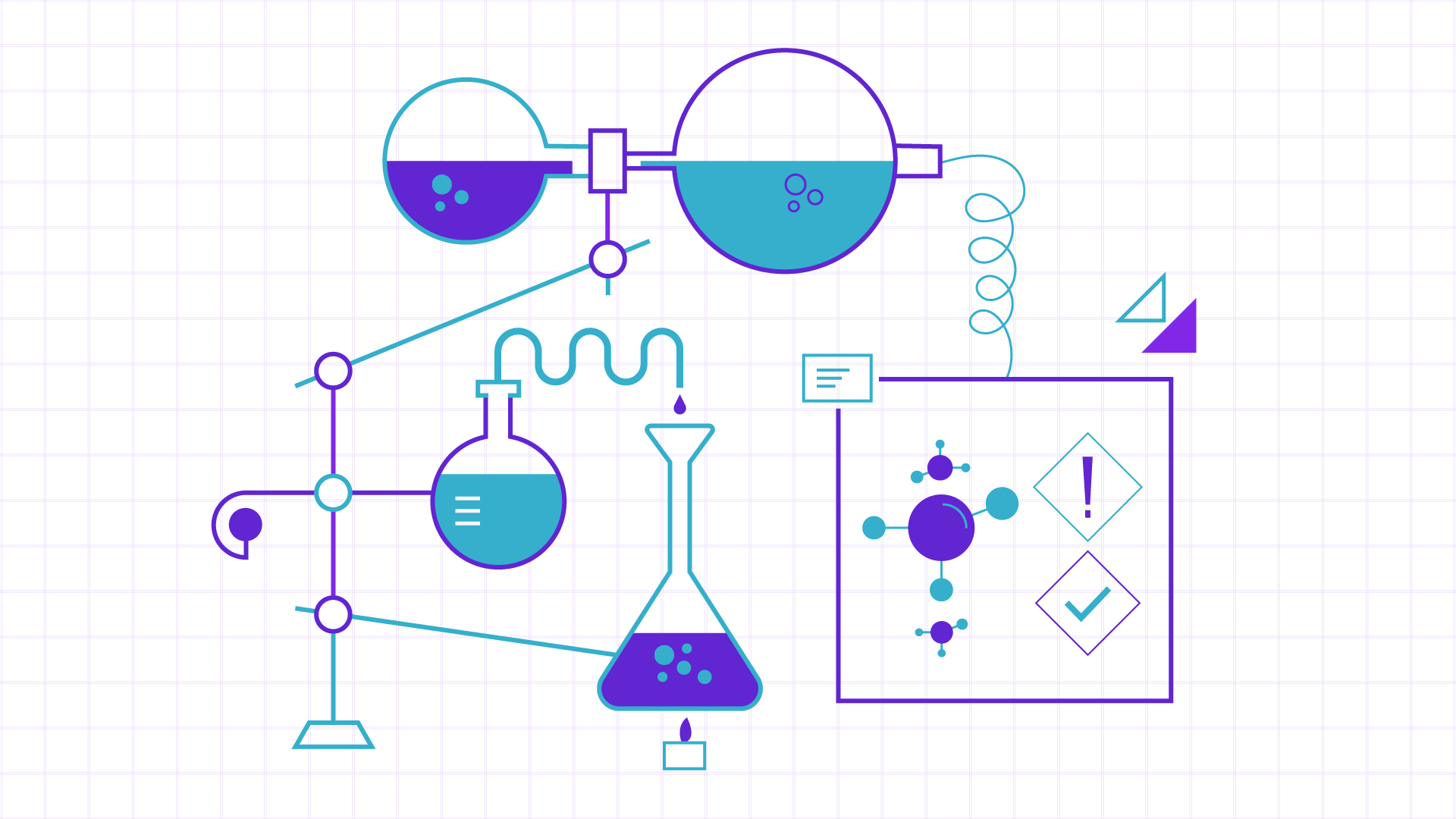In today’s interconnected world, software fuels virtually every aspect of our daily lives. From the applications on our smartphones to the complex systems powering industries, software plays a pivotal role in driving efficiency, innovation, and progress. However, with the rapid advancements in technology, the software industry faces a pressing need for ethical guidelines and standards to ensure responsible development and usage. This is where a code of conduct steps in as a guiding light, shaping the ethical landscape of the software industry.
The Ethical Imperative:
At the heart of the software industry lies a profound ethical imperative. With the advent of transformative technologies like AI and machine learning, software developers wield unprecedented power to shape the future. Yet, this power comes with great responsibility. A code of conduct serves as a moral compass, steering developers towards ethical practices and societal good.
Protecting User Rights and Privacy:
One of the primary functions of a code of conduct is to safeguard user rights and privacy. In an era marked by increasing data breaches and privacy concerns, it’s imperative for software developers to prioritize the protection of user data. A robust code of conduct establishes clear guidelines for data handling, ensuring compliance with legal regulations and user consent.
Promoting Quality and Safety:
Quality and safety are non-negotiable aspects of software development. A code of conduct sets high standards for software quality assurance, emphasizing rigorous testing and adherence to industry best practices. By prioritizing reliability and security, developers can mitigate the risks of system failures and security breaches, fostering trust among users and stakeholders.
Fostering Trust and Confidence:
Trust is the bedrock of any successful software ecosystem. A well-defined code of conduct instills confidence in users by demonstrating a commitment to integrity, transparency, and accountability. By upholding ethical principles, developers can build long-lasting relationships based on trust and mutual respect.
Guiding Responsible Innovation:
Innovation stands as the cornerstone of progress within the software industry, propelling advancements and ushering in transformative changes. It fuels creativity, drives competitiveness, and shapes the future of technology. Yet, amidst the exhilarating pace of innovation, it is paramount to navigate ethically, ensuring that technological advancements benefit society as a whole.
At its core, responsible innovation entails not only the pursuit of novel solutions but also the conscientious consideration of their potential impacts on individuals and society at large. This is where a code of conduct plays a pivotal role, acting as a guiding beacon for developers as they navigate the complex landscape of innovation.
A code of conduct serves as a moral compass, urging developers to weigh the ethical implications of their creations. It prompts reflection on the potential consequences of new technologies, encouraging developers to consider not only the benefits but also the risks and ethical dilemmas that may arise.
By embracing ethical innovation, developers can harness the power of technology for the greater good. This involves prioritizing principles such as fairness, transparency, and accountability in the development process. It entails seeking input from diverse stakeholders, including ethicists, policymakers, and community representatives, to ensure that innovations are aligned with societal values and priorities.
Moreover, responsible innovation extends beyond mere compliance with regulations; it embodies a commitment to ethical leadership and proactive engagement with emerging ethical challenges. It necessitates an ongoing dialogue within the industry, fostering a culture of ethical awareness and responsibility.
Ultimately, by embracing ethical innovation, developers can not only mitigate potential risks but also unlock new opportunities for positive societal impact. Whether it’s in the realm of AI, machine learning, or other cutting-edge technologies, ethical considerations must underpin every stage of the innovation process, from ideation to implementation.
Building a Positive Reputation:
In an increasingly competitive marketplace, reputation is paramount. A strong code of conduct not only sets a company apart but also enhances its reputation as a trustworthy and responsible player in the industry. By adhering to ethical standards, companies can attract customers, investors, and talent, fueling growth and success.
In conclusion, a code of conduct is not merely a set of rules; it’s a cornerstone of ethical excellence in the software industry. By upholding the principles of integrity, transparency, and responsibility, developers can navigate the complex ethical terrain of the digital age, ensuring that technology remains a force for good in the world.




